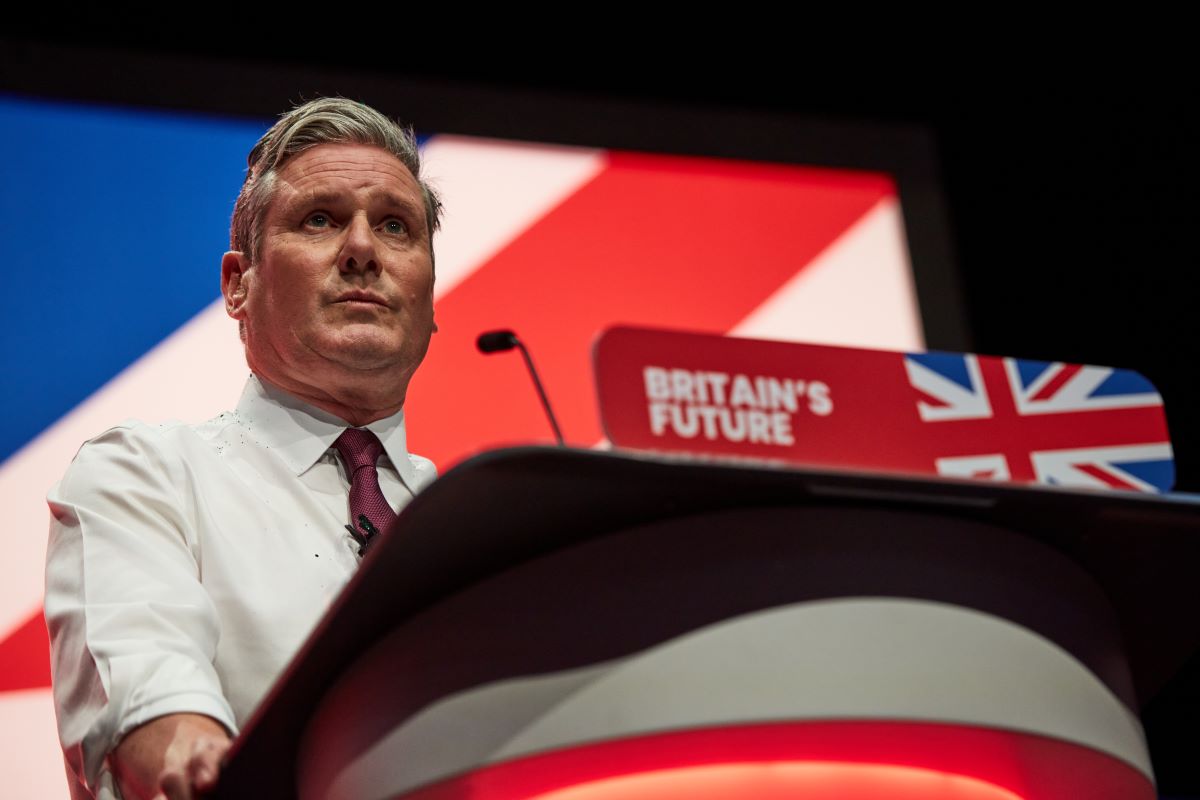Labour’s quest to mend EU ties while sidestepping Brexit pitfalls could reshape Britain’s future, but the path is fraught with political and economic challenges, and the EU might not be as accommodating as they would like. Here’s the full story.
Navigating Complexities

As the Labour Party, under Keir Starmer’s leadership, readies itself for potential electoral victory, it has plans to try to navigate the complexities of Britain’s relationship with the European Union (EU).
Brexit Overshadows Politics
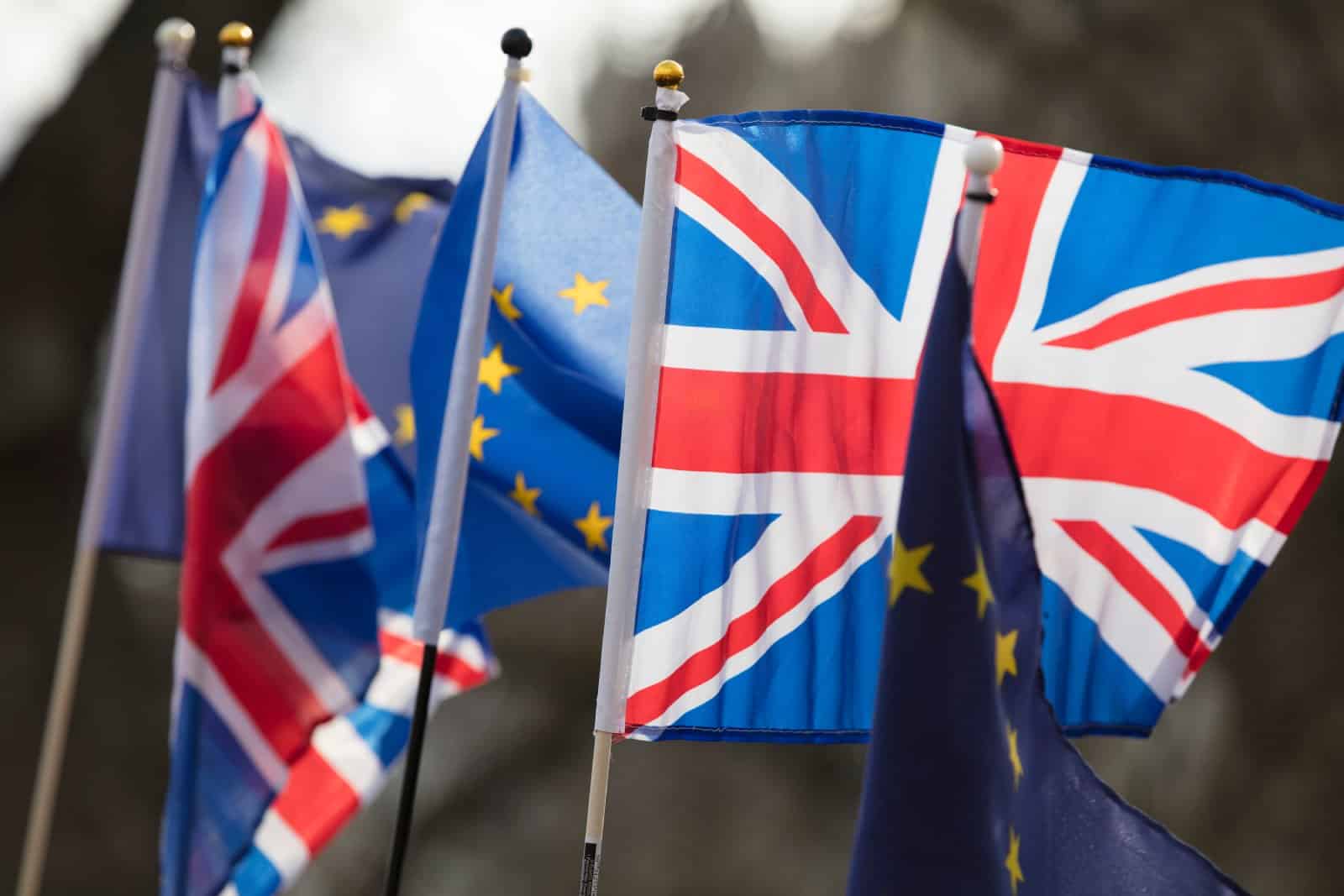
Brexit has overshadowed all of the UK’s domestic political decisions for over a decade, with Parliament facing near-permanent gridlock as internal factions within the Conservative Party fought over what kind of Brexit the electorate, by the slimmest of margins, had voted for.
Brexit Banished From Campaign
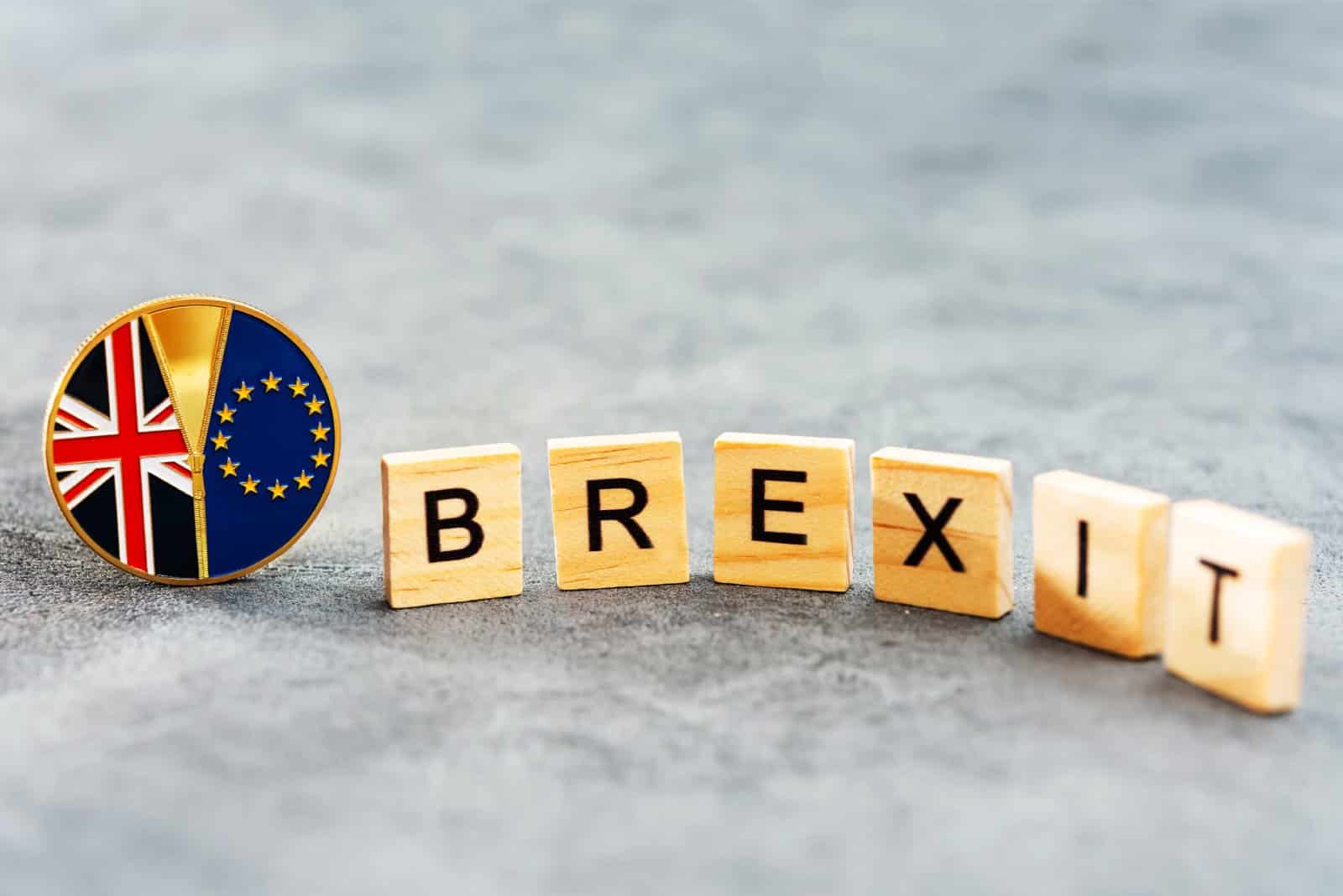
Despite Brexit dominating the national conversation until the election, during the general election campaign, almost all talk of Brexit has been banished by the leading political parties, with next to no discussion on the campaign trail.
Starmer’s Pragmatic Path
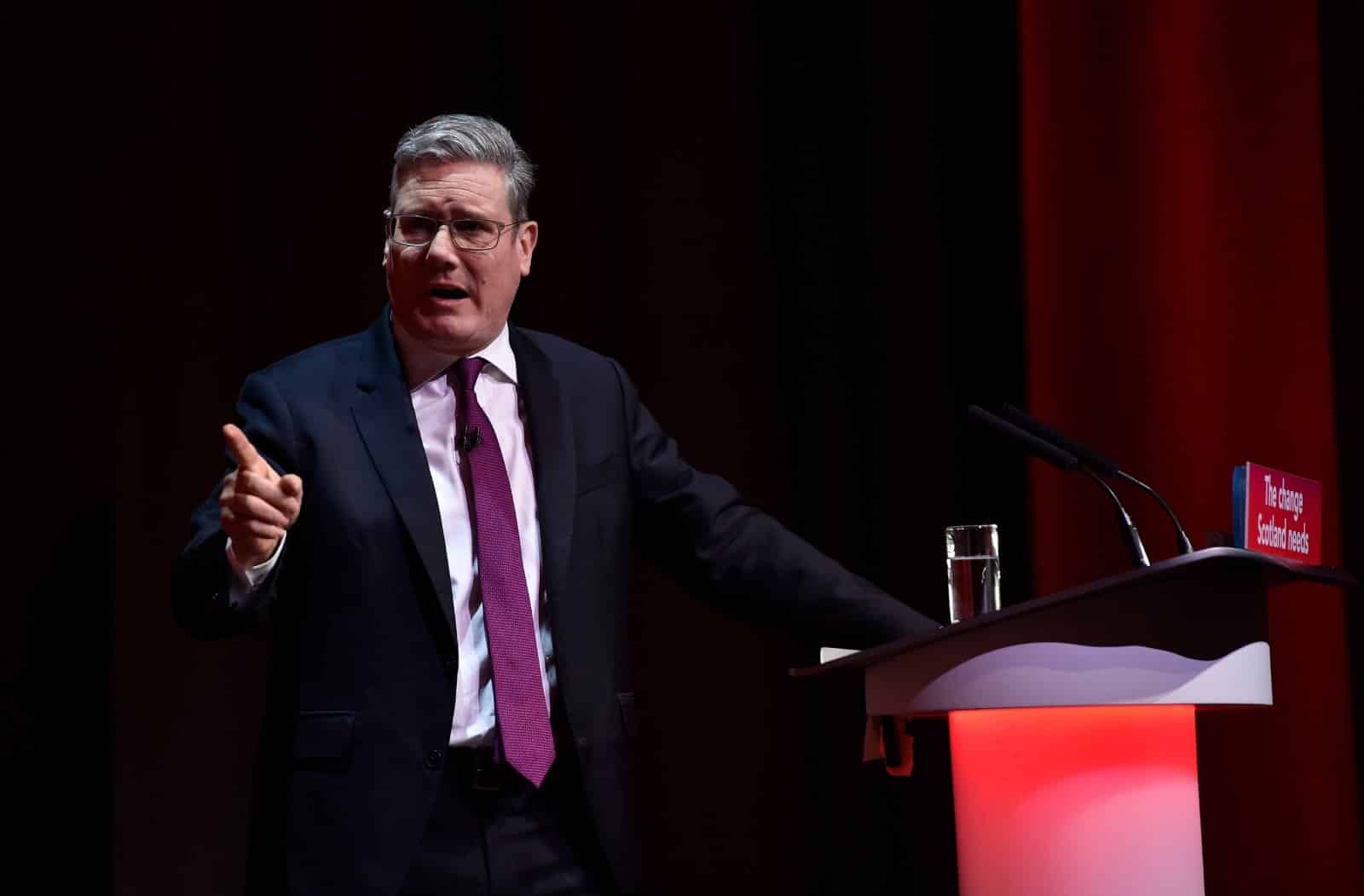
However, Starmer, in an attempt to defang the Brexit discussion, has sought to establish a pragmatic path forward with the EU to balance the country’s economic needs with the country’s contentious history of Brexit.
Trade and Cooperation Focus
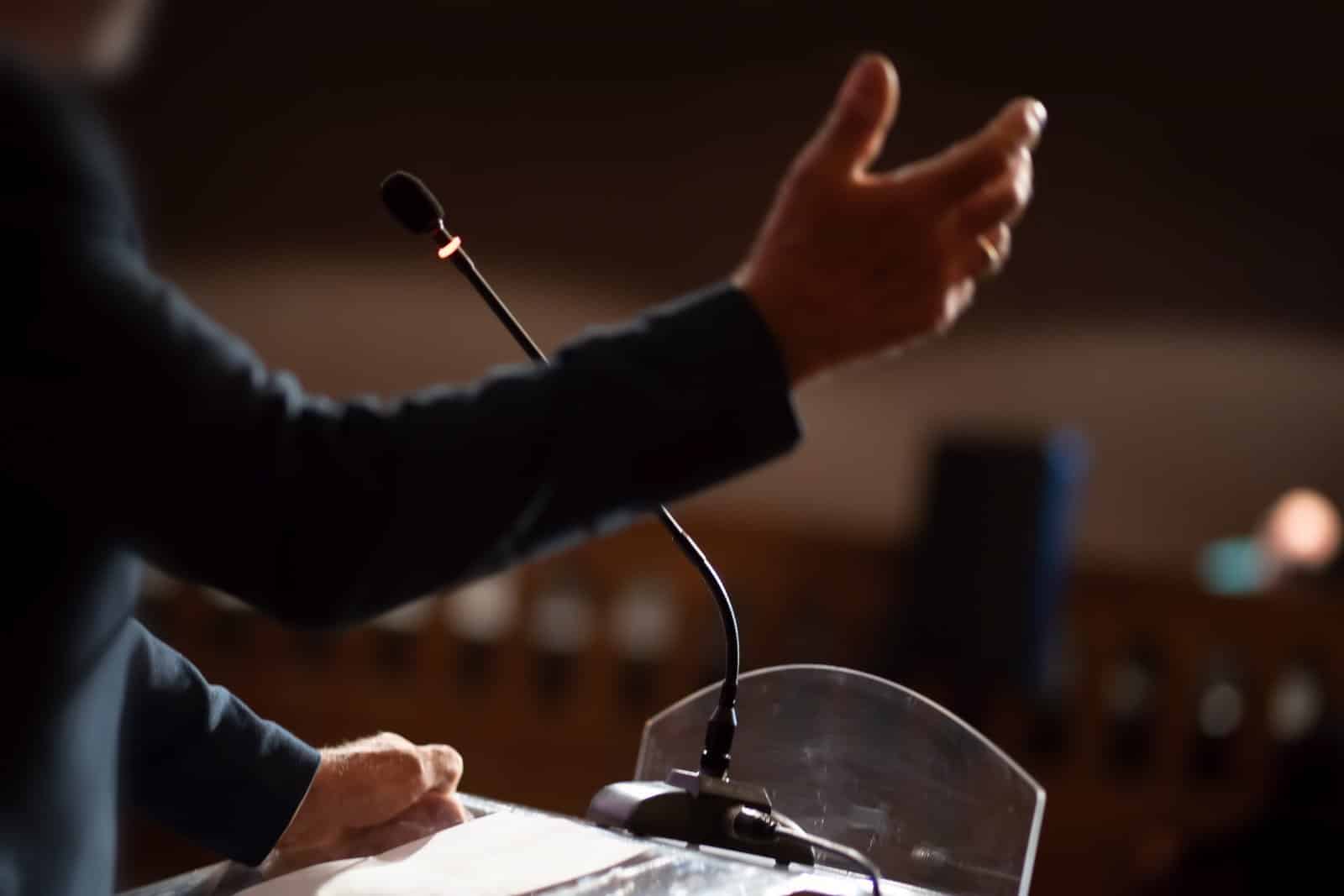
In his quest to fortify ties with the EU without reopening old wounds, Starmer’s strategy included targeted improvements in trade and cooperation, focusing on areas where mutual benefits were clear and politically feasible.
EU’s Reserved Response

While Labour’s plans to revisit specific aspects of the Brexit agreement appeared straightforward, the EU’s response was marked by a distinct lack of enthusiasm. Brussels, grappling with its own challenges, including the war in Ukraine and rising far-right movements, has exhibited a decidedly reserved stance towards any immediate renegotiations with the UK.
“Not Thinking About the UK”
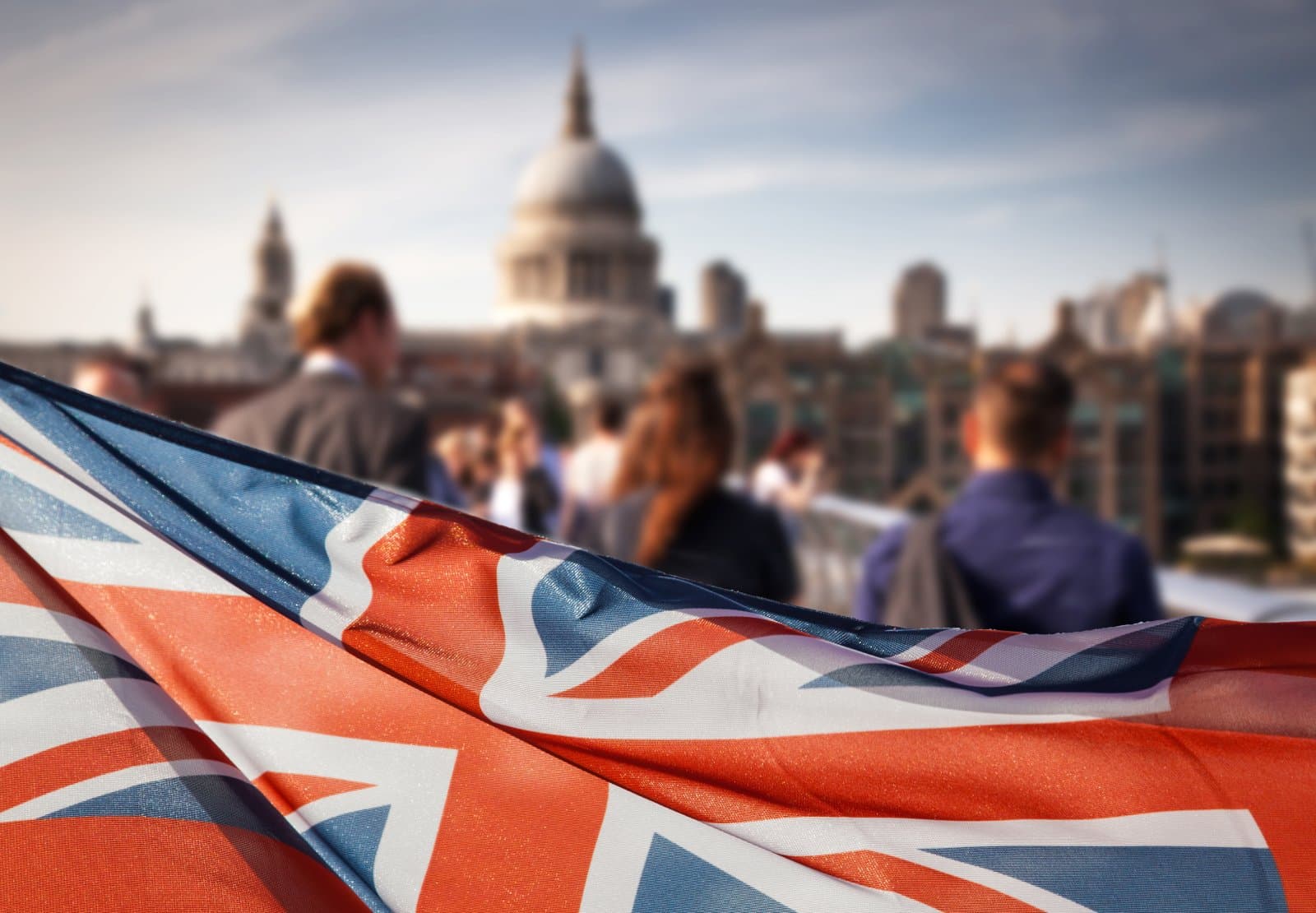
Speaking anonymously to the Guardian, senior EU sources stated, “It’s not that people are thinking good things about the UK, it’s not that they are thinking bad things. They are not thinking about the UK at all.”
Complexities of Rekindling Talks

This indifference has laid bare the complexities a Labour government would face in attempting to rekindle detailed talks with the EU.
Trade Barriers Focus
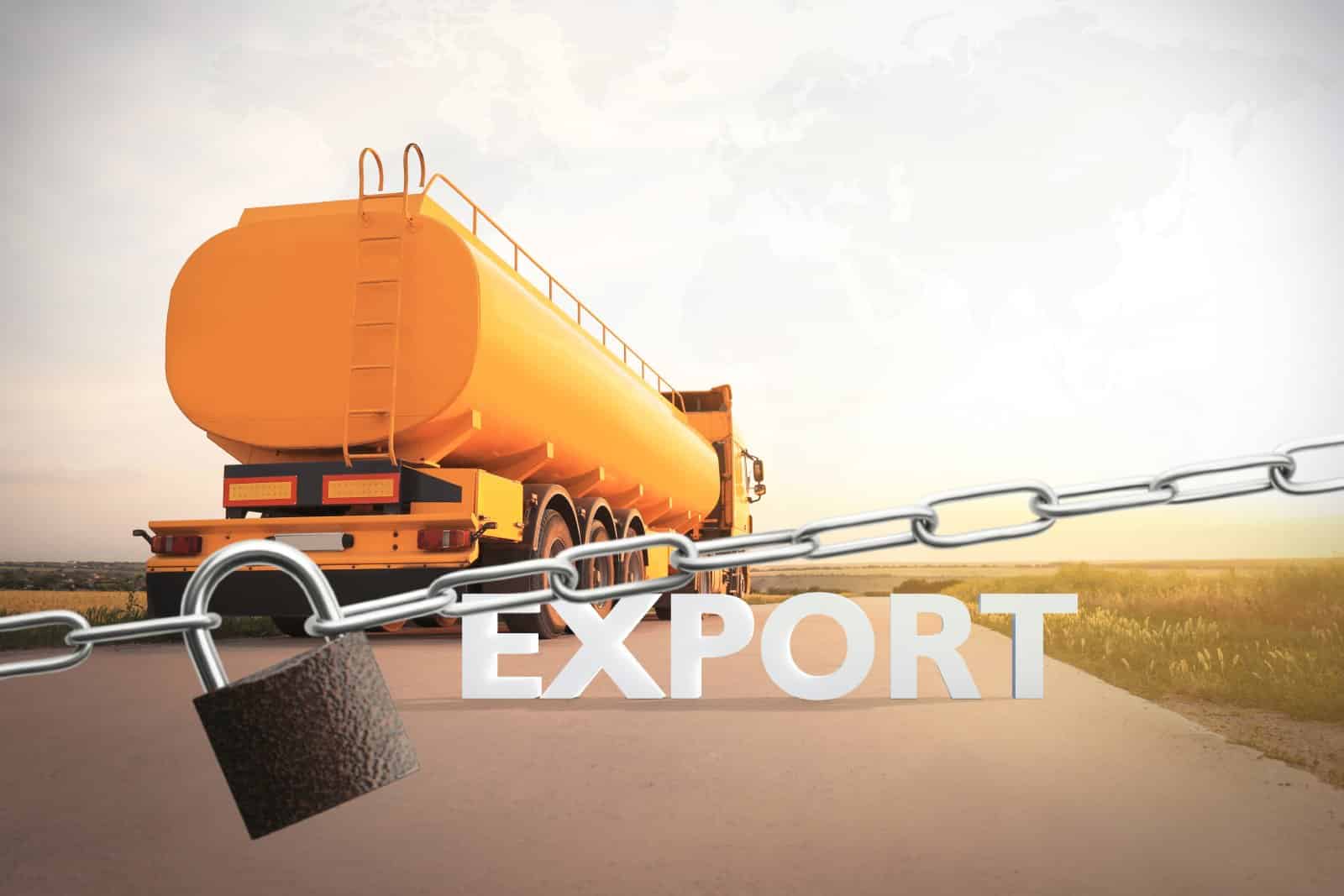
One of the focal points of Labour’s agenda was the removal of trade barriers that have significantly hindered British businesses since Brexit. The party proposed specific measures like a veterinary agreement to ease the export of animal products, a sector particularly affected by new regulations and border checks.
Mutual Recognition Simplification
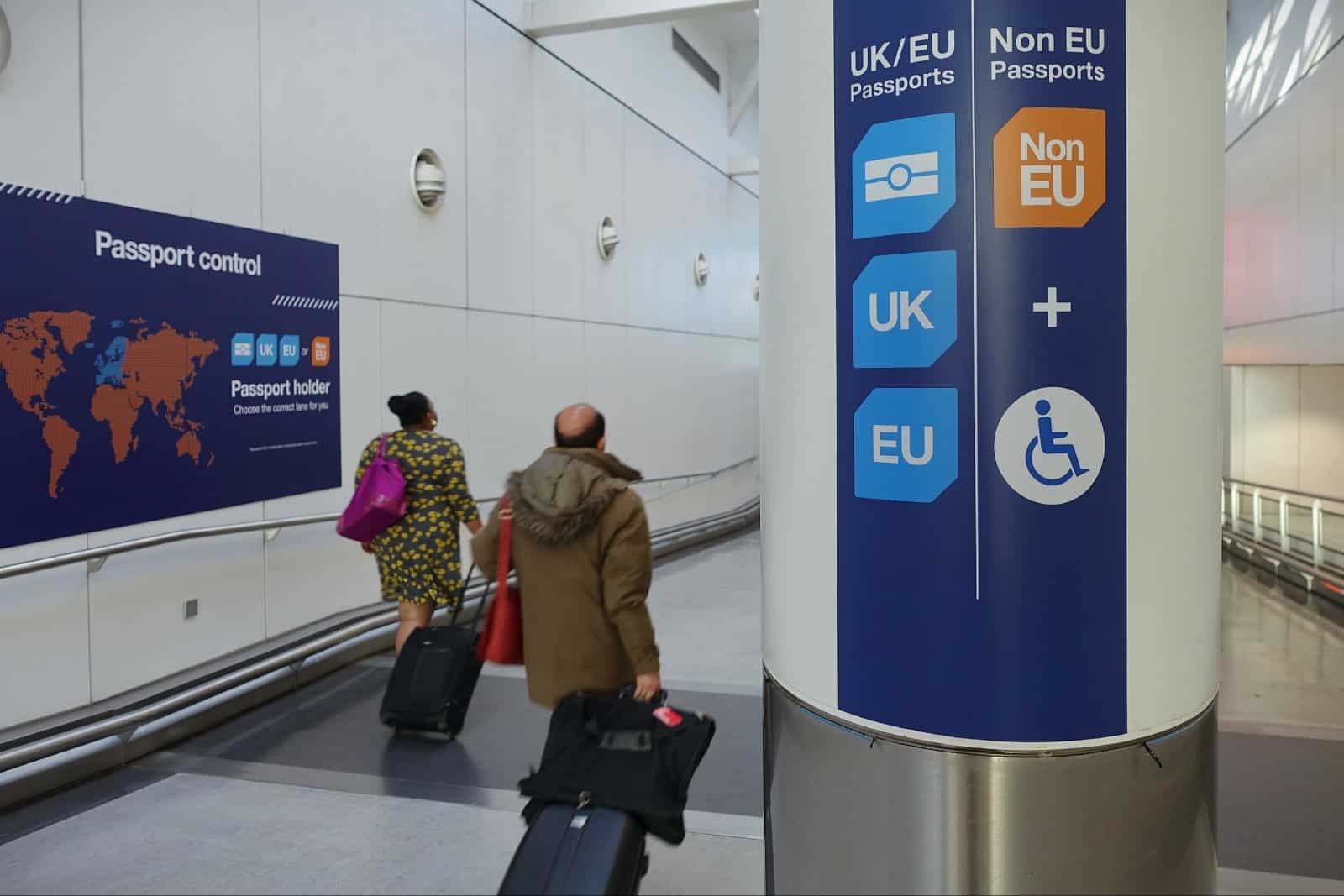
Additionally, Labour aimed to simplify the process for mutual recognition of professional qualifications, which would benefit professionals and artists who had faced increased hurdles in working across borders post-Brexit.
Negotiation Challenges

However, achieving these objectives was not without its challenges. Even minor adjustments would require careful negotiations and concessions. A European diplomat warned that a veterinary agreement, for instance, would necessitate Britain accepting the jurisdiction of the European Court of Justice. This condition could reignite sovereignty concerns among Brexit supporters.
EU’s Limited Bandwidth
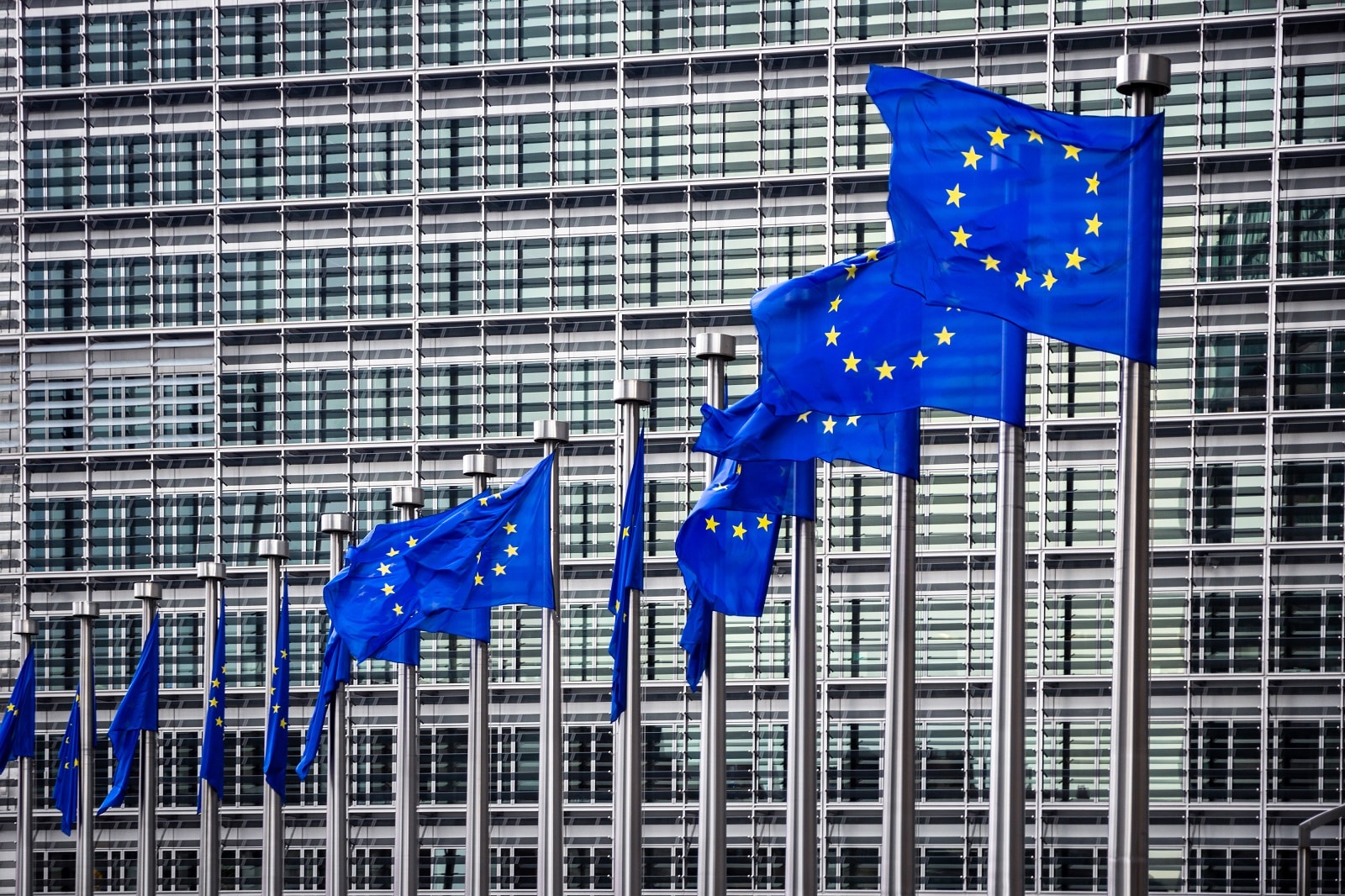
Furthermore, the broader geopolitical landscape, with Europe focusing inward due to the ongoing conflict in Ukraine and the rise of far-right politics, means the EU has limited bandwidth to address the UK’s proposals for trade and cooperation adjustments.
Incremental Steps Only

Despite the obstacles, the Labour Party remained committed to improving relations with the EU through incremental steps rather than sweeping changes. Starmer ruled out rejoining the customs union or the single market, citing potential turmoil. However, he expressed a desire to collaborate on research, development, and education, as well as aligning carbon pricing policies and chemical regulations.
EU Internal Dynamics
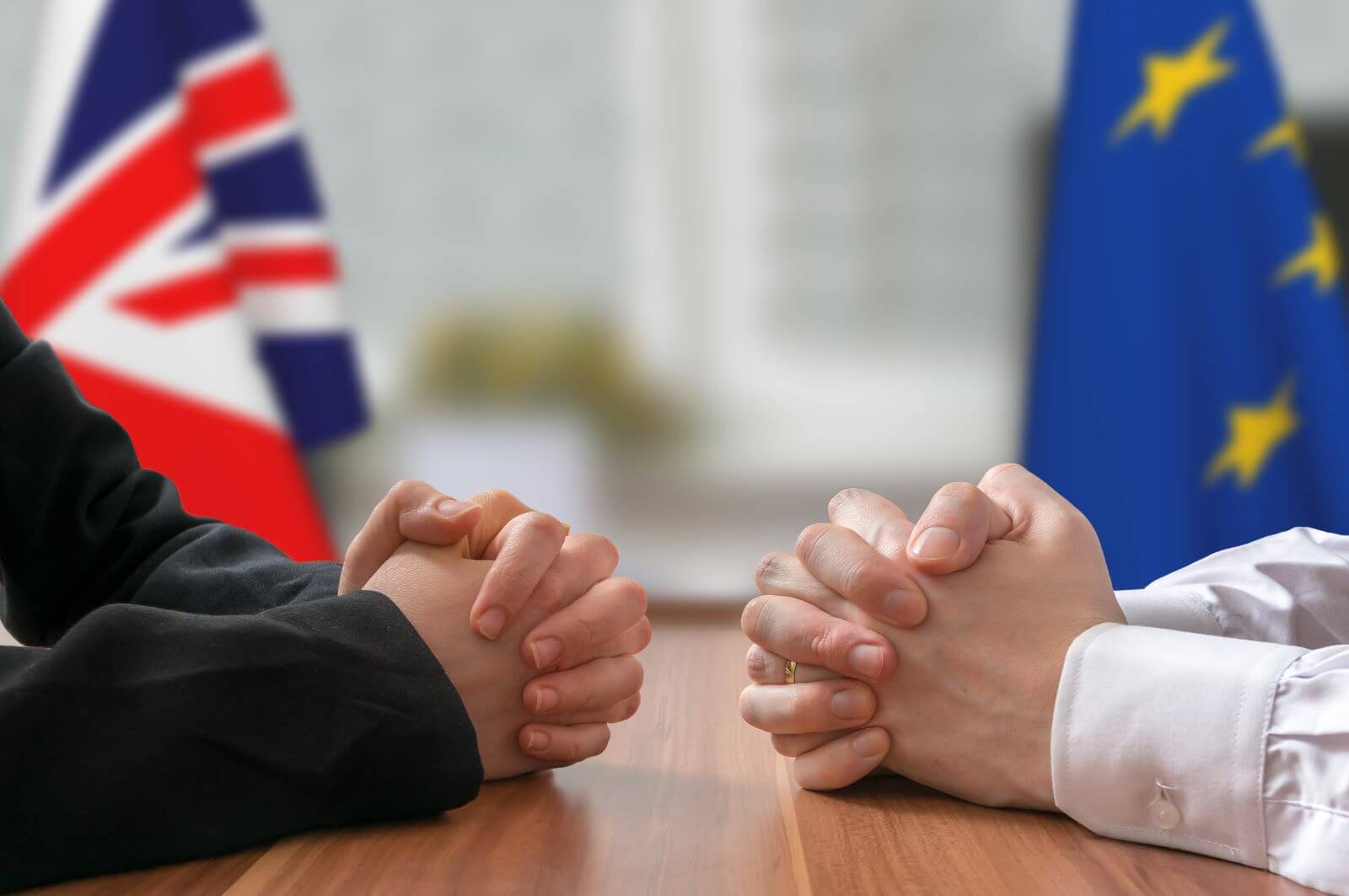
The EU’s internal dynamics and shifting political landscape also played a crucial role in shaping its response to potential negotiations with a Labour-led UK. With critical figures like Maroš Šefčovič, a central player in Brexit talks, potentially moving to different roles, and the possibility of new leadership in Brussels and the UK, there was a chance that fresh perspectives might emerge, potentially opening doors for more flexible discussions.
Far-Right Influence

Additionally, the rise of far-right leaders in Europe, such as Marine Le Pen in France, could paradoxically work in Labour’s favour. A weakened stance from traditionally hardline EU members might create an environment more conducive to negotiating favourable terms for the UK as European capitals navigate their political complexities.
Tightrope Walk Strategy
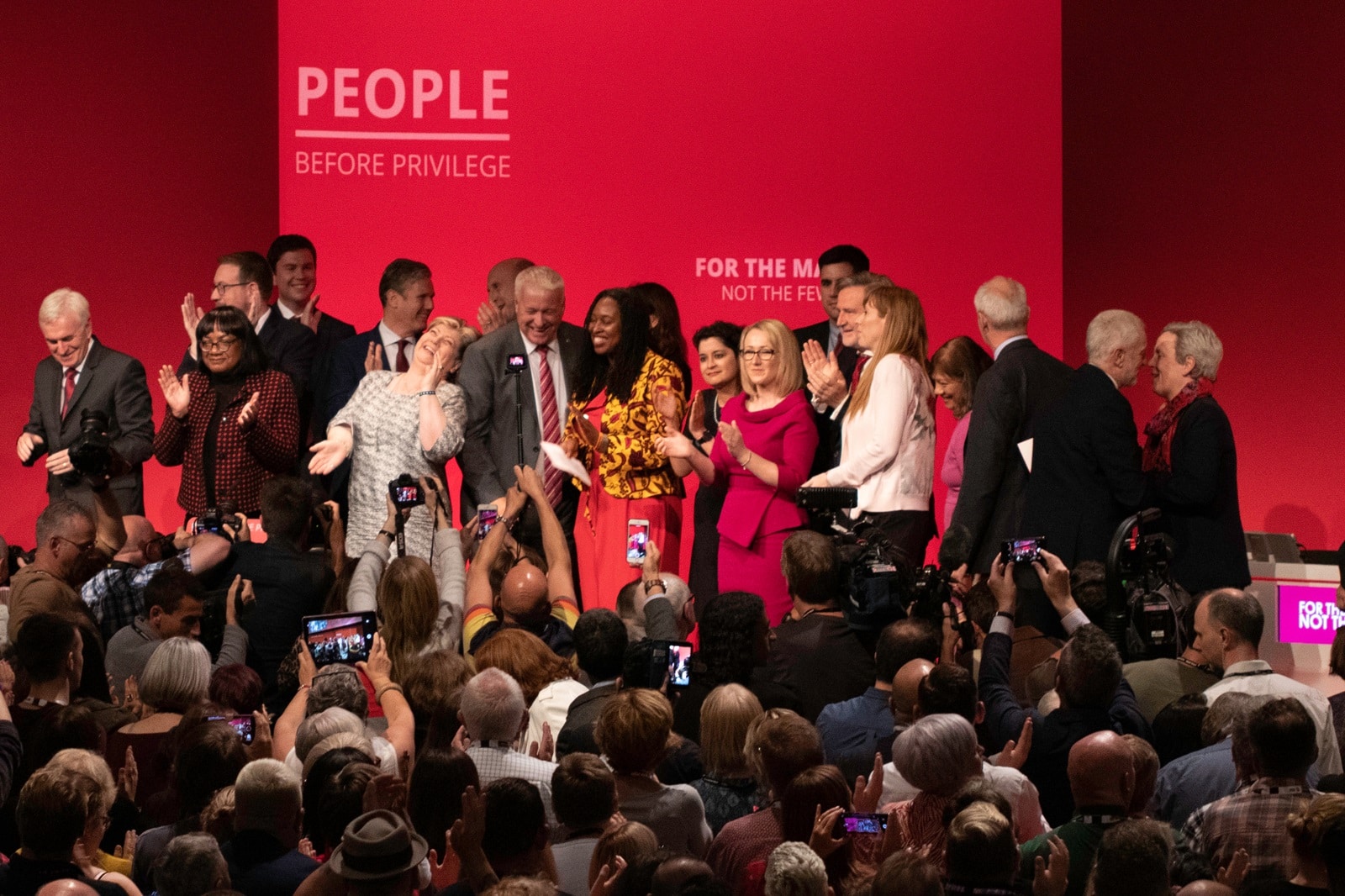
Ultimately, Labour’s strategy for managing Brexit and EU relations will manifest as a tightrope walk, with both sides wary of giving too much away to ease life for the UK. Another anonymous source stated, “The UK is simply not in people’s minds. We have two wars going on – reopening talks on Brexit would require a lot of political capital and absorb a lot of resources here in Brussels.”
No Open Arms
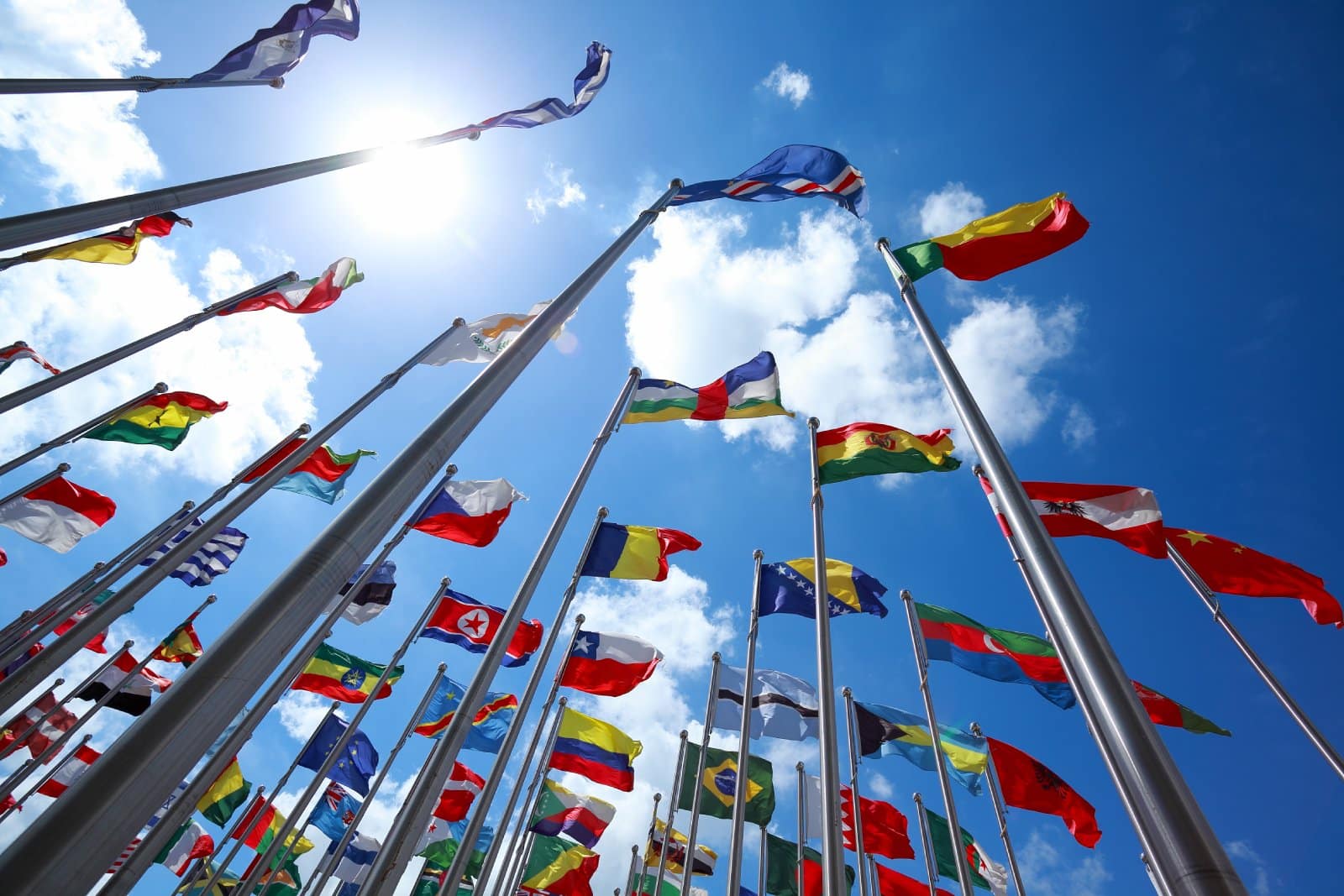
While Labour’s desire to enhance trade and cooperation is straightforward, the EU has repeatedly signalled that they will not just welcome the UK back with open arms.
Bridging the Gap

As Labour prepares for a potential stint in government, the need to bridge the gap between the UK and the EU has never been more prevalent. However, the realities of the UK’s relationship with the EU following a decade of Conservative rule make bridging that gap difficult.
Is Labour Up to the Task?
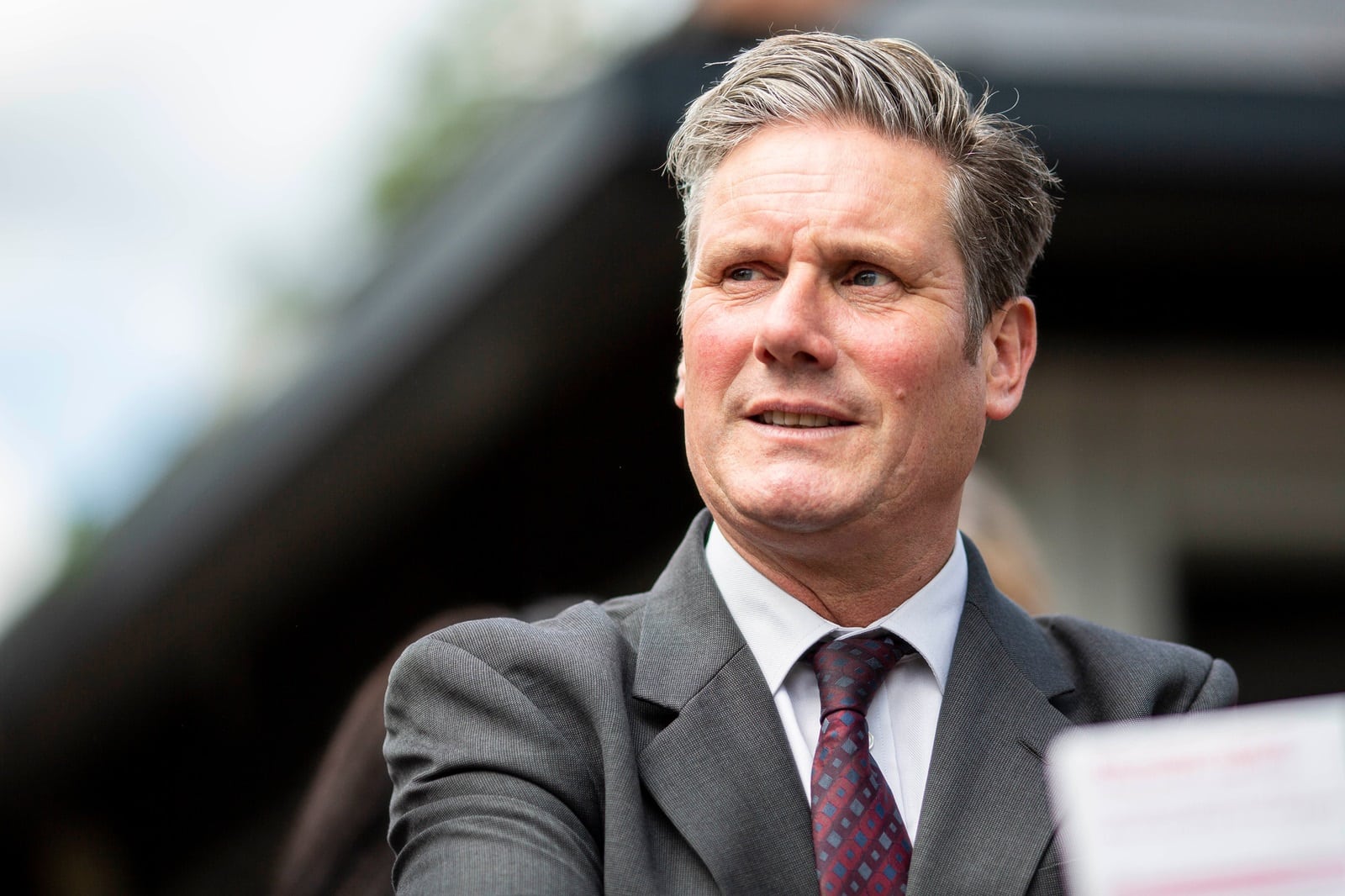
It remains to be seen whether Keir Starmer’s Labour Party is up for the task or whether the EU will accommodate the UK just because a new party is in power.
Featured Image Credit: Shutterstock / Martin Suker.
The images used are for illustrative purposes only and may not represent the actual people or places mentioned in the article.

